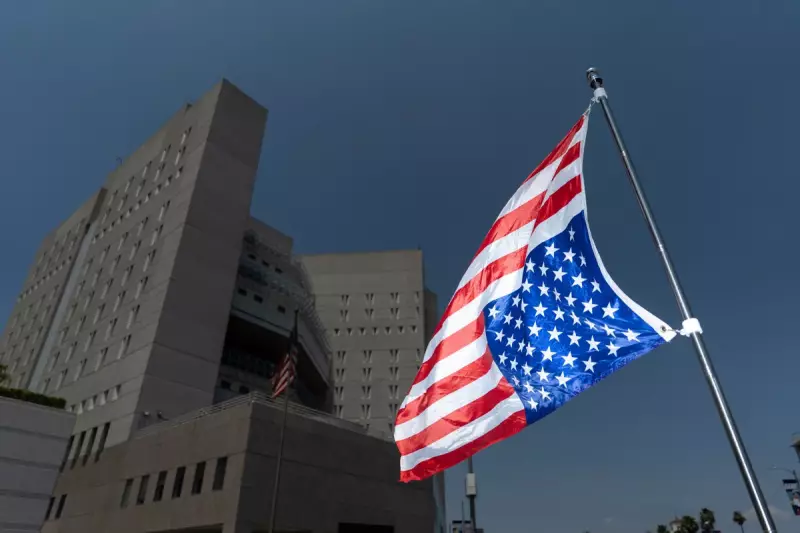
The political sphere is once again alight with controversy as former President Donald Trump reignites a deeply divisive American debate: the criminalisation of flag burning.
In a move that has sent shockwaves through civil liberty circles, Trump has vehemently called for a ban on the act of desecrating the US flag, labelling it a "terrible thing" that should come with severe consequences, including potential loss of citizenship or a year in jail. This stance directly challenges the bedrock of American democracy—the First Amendment.
The Constitutional Standoff
At the heart of this issue lies a fundamental clash between perceived patriotism and the right to protest. The US Supreme Court has historically sided with free speech, ruling in landmark cases like Texas v. Johnson (1989) that burning the flag is a form of symbolic speech protected by the Constitution.
Trump's proposition would necessitate a monumental judicial shift. It would require overturning longstanding precedent or, as he has suggested, passing a constitutional amendment—a notoriously difficult process requiring a two-thirds majority in both houses of Congress and ratification by three-quarters of states.
A Recurring Political Battle
This is not a new fight for Trump. During his presidency, the flag-burning issue frequently surfaced, particularly during periods of intense national protest. His latest comments signal a commitment to making it a cornerstone of his political agenda once more, appealing to his base's sense of national pride.
However, civil rights organisations and free speech advocates are sounding the alarm. They argue that punishing an act of political expression, however offensive some may find it, sets a dangerous precedent that undermines the very liberties the flag is meant to represent.
The Free Speech Paradox
The debate poses a difficult question: can a nation that prides itself on freedom of speech outlaw a form of protest precisely because it is so powerful and offensive? Critics of the ban argue that the right to express dissent, especially in the most visceral way, is a critical check on governmental power.
Proponents of a ban, meanwhile, see the flag as a unique symbol of the nation itself, arguing that its destruction is not speech but an act of pure desecration that should be punishable by law.
As the 2024 election cycle heats up, this issue is poised to remain a flashpoint, highlighting the enduring tension between national unity and individual liberty in modern American politics.





